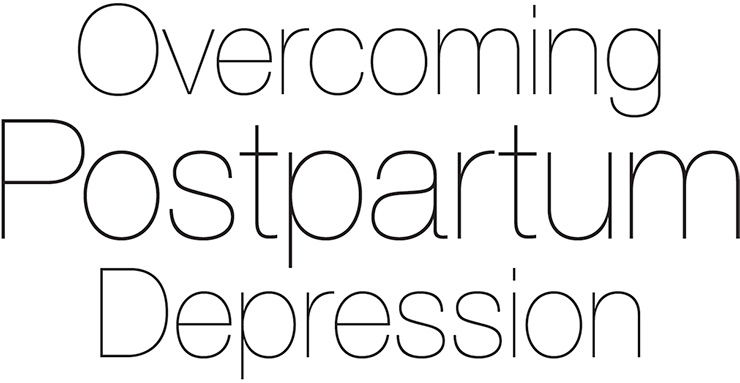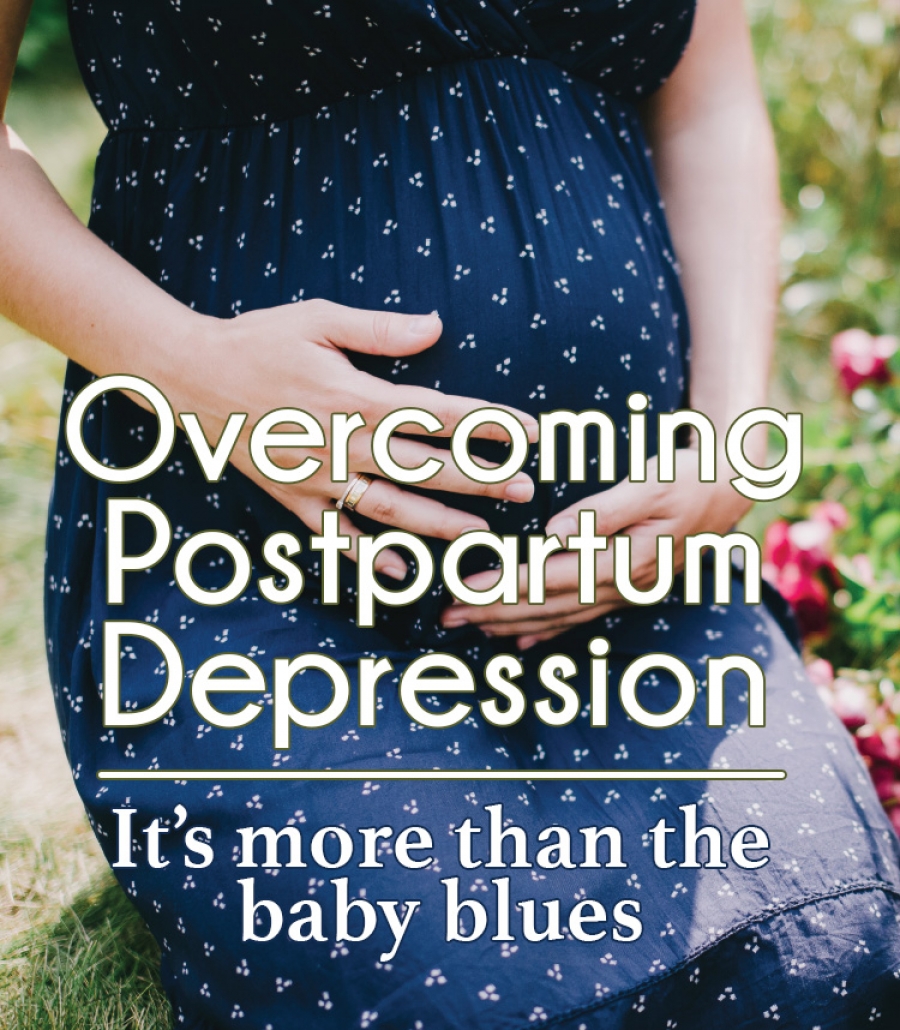
What is Postpartum Depression?
So, what exactly is postpartum depression, and why do some women suffer from it? Many women experience some form of the “baby blues” after giving birth — a week or two of moodiness, stress, anxiety, and crying. However, postpartum depression lasts much longer, and its symptoms (which may not surface for up to a year after giving birth) are significantly more severe.
After giving birth, the drastic shifts in a woman’s hormones, body, and life can collide to create a painful storm. This storm is only worsened by the sleep deprivation that life with a newborn often brings. According to the Mayo Clinic, symptoms mirror other forms of depression and can include the following:
- Sad moods and mood changes.
- More crying than seems normal or necessary.
- Difficulty developing an attachment to the new baby.
- Too much or too little sleeping.
- Lack of interest in activities that were once enjoyed.
- Heightened irritation and anger.
- Fearfulness about one’s ability to care for the new baby.
- Feeling worthless, ashamed, guilty, or inadequate.
- Thinking less clearly or feeling less able to concentrate.
- Severe anxiety (possibly even panic attacks).
- Thoughts of death or suicide.
Can you imagine one of your friends or loved ones suffering through these symptoms during what she expected to be the most joyful time in her life?
How Can I Help?
For Aarti and other women who suffer from postpartum depression, the support of loved ones and friends is an invaluable resource. If you know a woman who is struggling with postpartum depression, reach out to her. Offer her support and encouragement. Become a prayer warrior for her heart. Ask what you can do to help her. And keep a few things in mind:
1. Remember that these symptoms are the result of a medical disorder. When asked what she wished others knew about postpartum depression, Aarti said, “Many people think that you can simply combat it by either keeping your chin up or praying it away. When those things don’t work, you’re left feeling even worse.”
2. Don’t shrug it off as just being “the baby blues.” Postpartum depression goes much deeper than that and doesn’t often go away on its own. Women in these circumstances usually need more than time to get better.
3. Postpartum depression is more common than you think. Women struggling through this disorder often feel isolated. It’s important to let them know that they aren’t alone and that this is something they can overcome.
4. Avoid passing judgment if the woman chooses to take medication. As Aarti put it, “Depression is as much a chemical imbalance as it is a spiritual battle. […] I found that the meds gave me just the lift that I needed to fight the negative thoughts that had previously taken me under — I needed to see above the clouds, to see the sun, in order to fight the forces pulling me back under them.”








